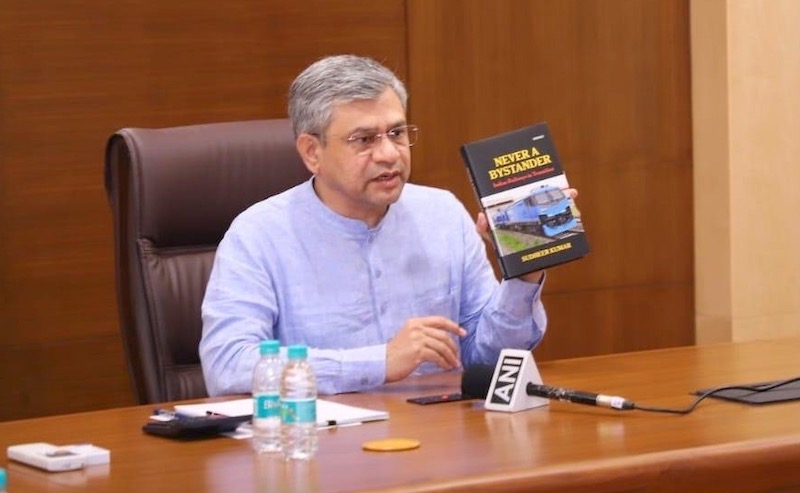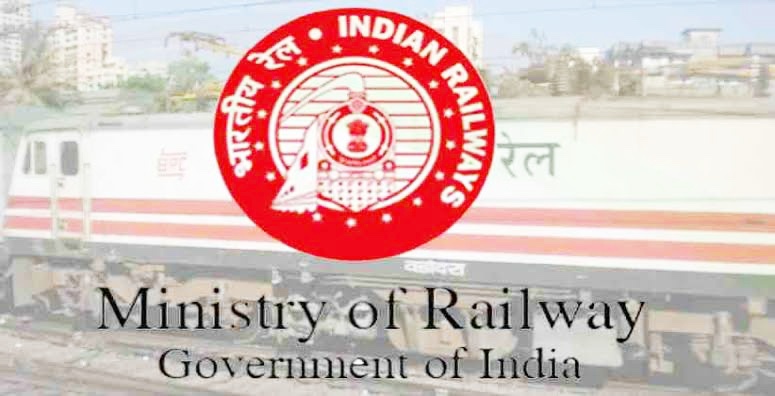Moral Hazard and Principal Agent Problem of Indian Railways!
#Railwhispers has successfully gathered dependable and credible opinions through crowdsourcing, offering a comprehensive and reliable reflection of the current state of #railways. Over the past 18 months, we have received a significant influx of inputs, including some sent via traditional mail on official #Railway stationery. We take pride in being the sole credible platform reporting on the inner workings and intrigues of the #IndianRailways
The Real Scoop
What is our real scoop?
We were repeatedly told that a #group of people have held key positions in the #RailwayBoard for a long time. During a #conversation in one of Mumbai’s railway offices, a young worker suggested that why don’t we find out for ourselves. On his advice we reached out to the S&T department team, which maintains telephone directories on #Microsoft-Excel, and they provided us with directories from the past ten years. The young worker quickly developed a program to identify the names that remained unchanged. With some guidance, we created a now famous chart that revealed a clear #departmental-bias. We decided to focus only on the individuals who have influenced #Ministers. Once we identified their names, obtaining detailed #feedback was easy. Their superiors and colleagues who are now retired started sharing information that was previously unavailable. Many were surprised by the extent of the #corruption this group had created – they were genuinely #sorry that they created these Frankenstein’s monsters.

Nov 19, 2022: “अश्विनी वैष्णव जी आप पहले रेलमंत्री नहीं हैं, जो ‘खान मार्केट गैंग’ से घिरे हैं!”
Flood Gates Open-Challenge of Language
After the #publication, a wave of senior officers who had been mistreated began reaching out to us. We were given #advice to start publishing important opinions in #English, and with the help of technological tools and the assistance of young professionals, we were able to overcome this challenge. With the use of laptops and phones, high-quality translations became achievable, sometimes even through #dictation alone. This newfound capability became a valuable resource for publishing in English. #KMG made a crucial error in believing they were operating unseen.
Feb 2, 2023: “KMG_2.0: न्याय इनके हिस्से का – इनकी ‘आह’ के ‘ताप’ से कैसे बचेंगे मंत्री जी!”
These articles served as a wakeup-call for the #political-leaders of the country, highlighting the rampant use of #arbitrary transfers and unjust denial of #promotions. The #corrupt practices within the #Vigilance-system also came under scrutiny, as it became clear that it was being used to prevent numerous officers from advancing in their careers.
When a group remains in #RailBhawan for almost 50 years, how can they be invisible? Small analysis of #telephone-directories revealed how certain officers got promoted within Rail Bhawan, where a certain #department got its unfair share-
पुनः पढ़ें : “कैसे #KMG अपने गिरोह को पोसता है और गॉडफादरलेस अधिकारियों का खुला शोषण करता है, #KMG के भौकाल के आगे रेल भवन के संतरी-मंत्री सब फेल!” March 20, 2023.
With #satisfaction, we can say that these issues were seen by Prime Minister’s Office (#PMO) and by Minister for Railways (#MR) himself. Some got acted upon, others await action.
“Dismantling of Trimurti–What Next?” January 17, 2024.
Price of Delayed Action-MSDAC, BMBS, Balasore, CBI Raids and more
Our cries were punctuated by the #accidents attributed to #BMBS, #signal-tampering and unusually high number of #CBI raids. But what pains is that to see the obvious, it took more than a year, hundreds of deaths, track-maintainers daily deaths on tracks, murder of hundreds of careers and much more needs to be acted upon.
The #MR holds an #MBA from #Wharton and his former #Advisor, who caused significant #damage to the #institutional-processes of #IndianRailways, is currently pursuing a so-called #PhD in Management. It is in fitness of things that we go deep in to the #management theory to make ourselves heard. We not just contacted the #company which is having #proprietary-rights over the #emotional-intelligence test which is being forced on senior officers but also reached to the exponents of emotional intelligence in the world. We realised that to call the bluff, we also need to present an academically rich article which will show mirror to the Snake-Oil-Salesmen of rail bhawan. Why #NAIR did not reach out to Prof. Daniel Goleman will perhaps always remain a mystery.
We thoroughly examined the emotional intelligence #evaluation for #empanelment in Level-16 and Level-17 within the Indian Railways, and discovered its inherent #flaws and #fraudulent nature. Our investigation also revealed the #Advisor’s lack of #competence in #locomotive engineering, as highlighted in our detailed articles based on ‘Never a Bystander’, book by #MR’s advisor that was released with the Minister’s enthusiastic endorsement. This single post retirement hire weighs far heavier than total budget of 44 government departments on consultants-
“Consultant Raj: 1,500, including from Big 4, in 44 govt depts; annual spend Rs 302 crore” -Indian Express.

It is time that we return to some theory once again.
The Principal Agent Problem
As any MBA (there are many in railways) will tell you, what premise of Snake-Oil-Salesmanship is ! We introduced this as #Sudheer_Sense where you spend more to get less. This illustrated the empty claims of consummate “Khan Market Gang” (#KMG) and “All India Delhi Service” (#AIDS) which they used to #bluff political leadership. Now we introduce another key #concept to explain how #political leadership was bluffed and a mess was created.
“This is the Principal Agent Problem-Bureaucracy and Public Administration” Wikipedia – succinctly explains it:
The principal–agent problem refers to the conflict in interests and priorities that arises when one person or entity (the “agent”) takes actions on behalf of another person or entity (the “principal”). The principal–agent problem typically arises where the two parties have different interests and asymmetric information (the agent having more information), such that the #principal cannot directly ensure that the #agent is always acting in the principal’s best interest, particularly when activities that are useful to the principal are costly to the agent, and where elements of what the agent does are costly for the principal to observe.
There are various situations where the #ambitions and #goals of the principals and agents may diverge. For example, #politicians and the #government may want #public-administration to implement a #welfare-policy program but the #bureaucrats may have other interests as well such as rent-seeking.
Apply this theory to Rail Bhawan and one understands that how #KMG bluffed political leadership all these years making them pay the price. We apply railway sponsored management lessons further and introduce what puts entire top leadership in dock – “The principle of moral hazard”. Again, taking recourse to Wikipedia, we introduce how senior leadership of rail bhawan while they themselves are availing #OPS with having barely few months of service left decided on mega #tenders which have railways’ commitment over multiple decades. These officers do not have any skin in the entire process.
In #economics, a #moral-hazard is a #situation where an economic actor has an #incentive to increase its exposure to risk because it does not bear the full costs of that risk. For #example, when a #corporation is insured, it may take on higher risk knowing that its #insurance will pay the associated costs. A moral hazard may occur where the actions of the risk-taking party change to the detriment of the cost-bearing party after a financial transaction has taken place.
Moral hazard can occur under a type of information asymmetry where the risk-taking party to a transaction knows more about its intentions than the party paying the consequences of the risk and has a #tendency or incentive to take on too much risk from the perspective of the party with less information. One example is a principal–agent approach (also called #agency-theory), where one party, called an agent, acts on behalf of another party, called the principal. However, a principal–agent problem can occur when there is a #conflict of interest between the agent and principal. If the agent has more information about his or her actions or intentions than the principal then the agent may have an incentive to act too riskily (from the viewpoint of the principal) if the interests of the agent and the principal are not aligned.
We will examine how this worked in subsequent article. We will also examine what can still be done to salvage.


